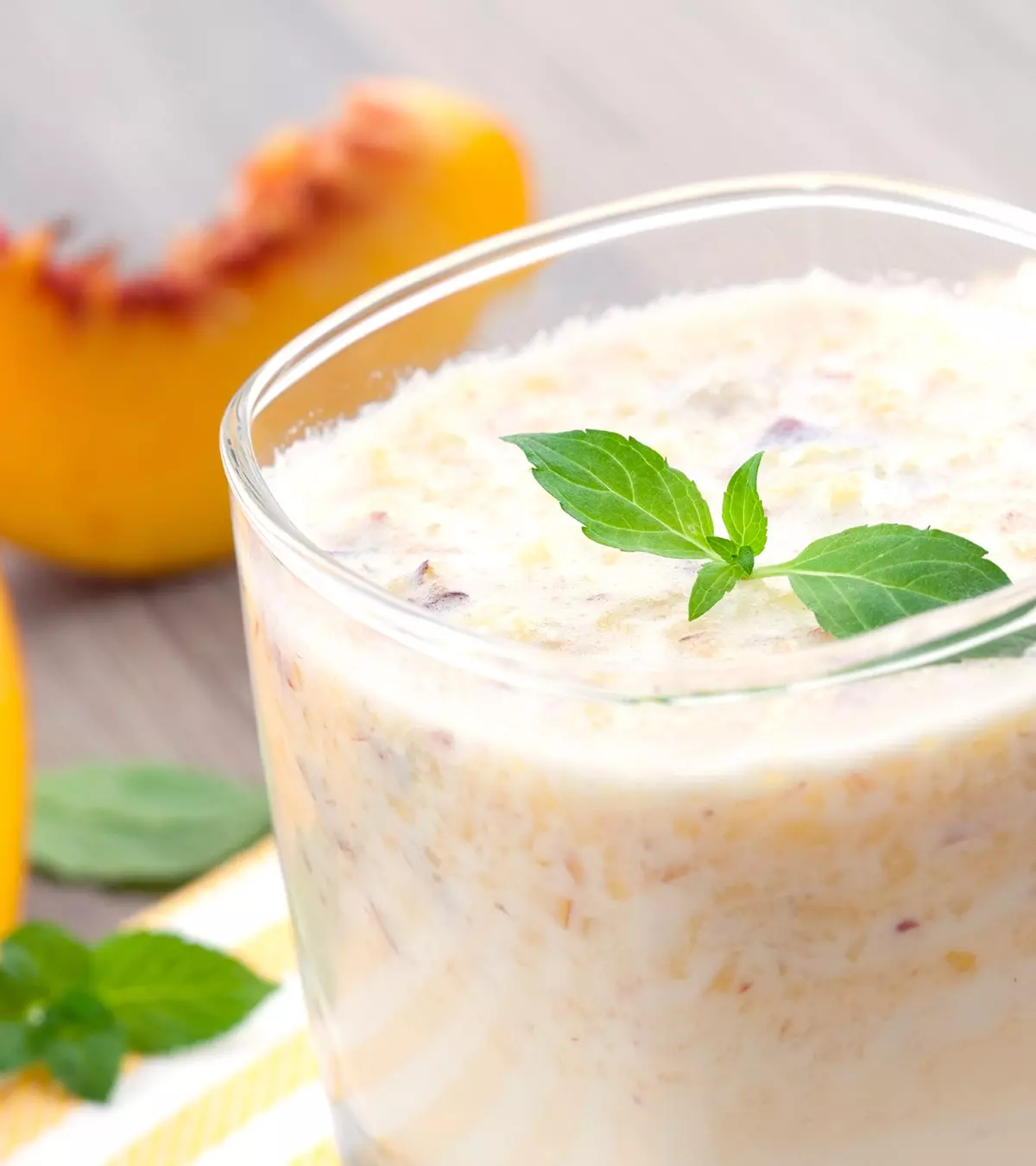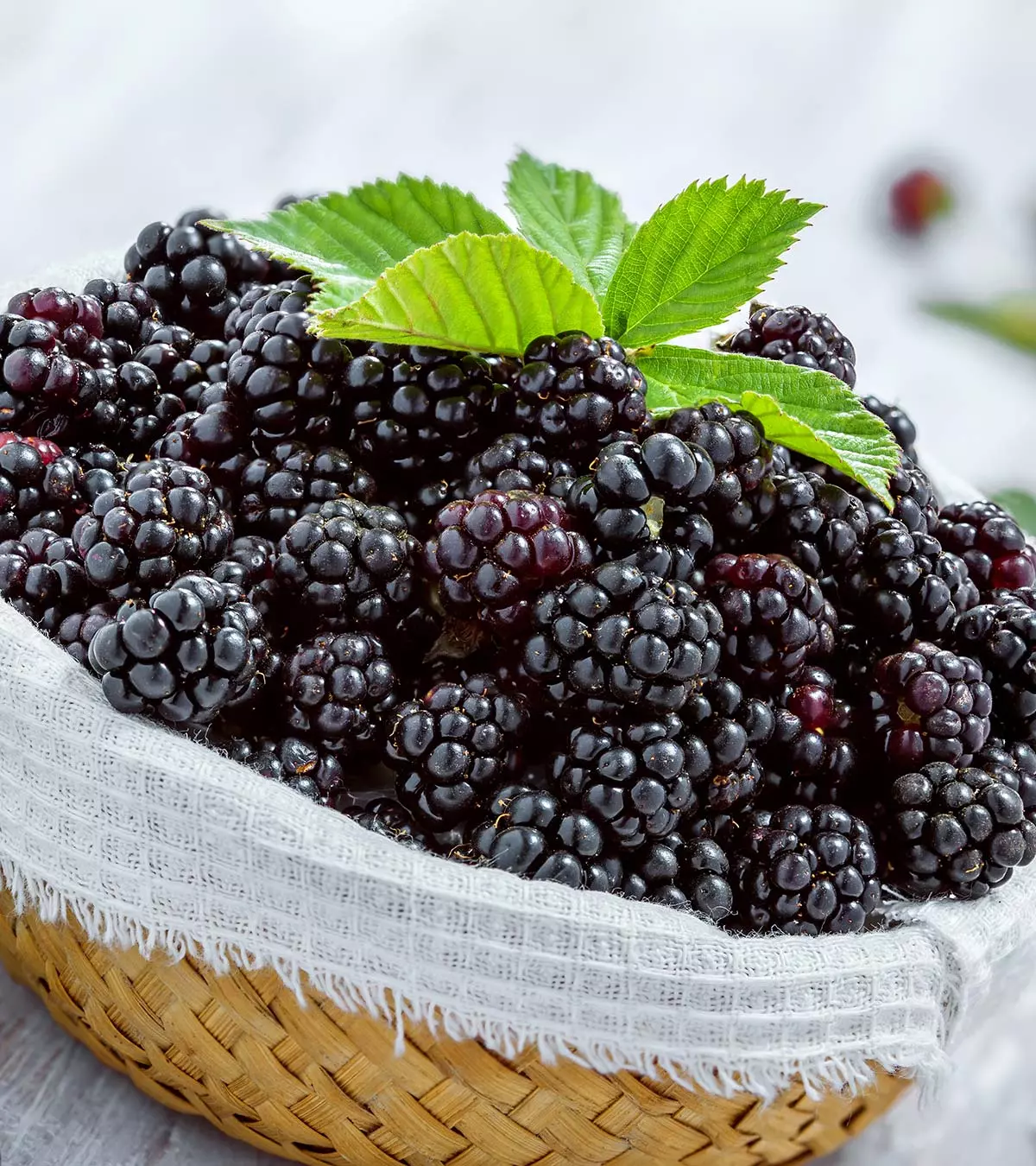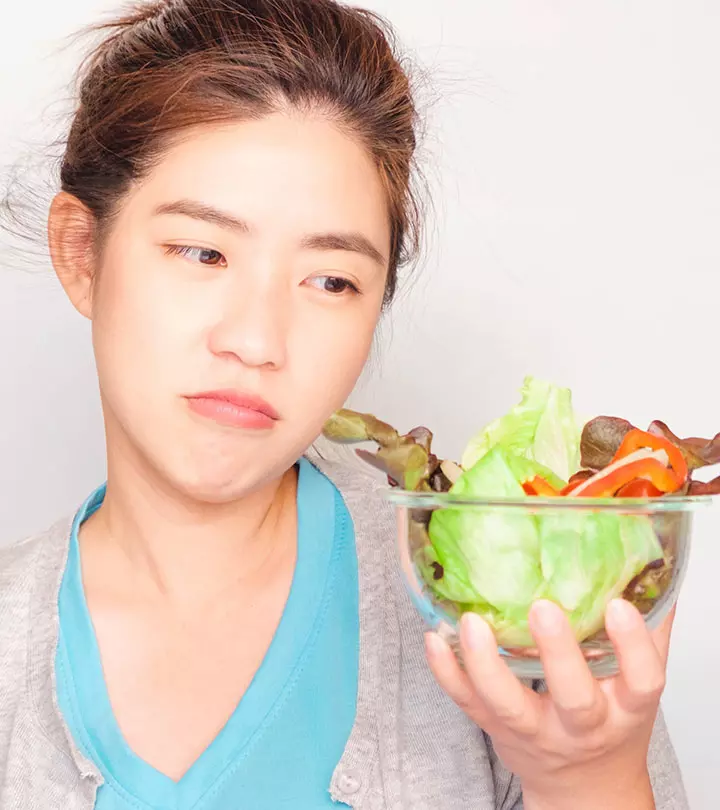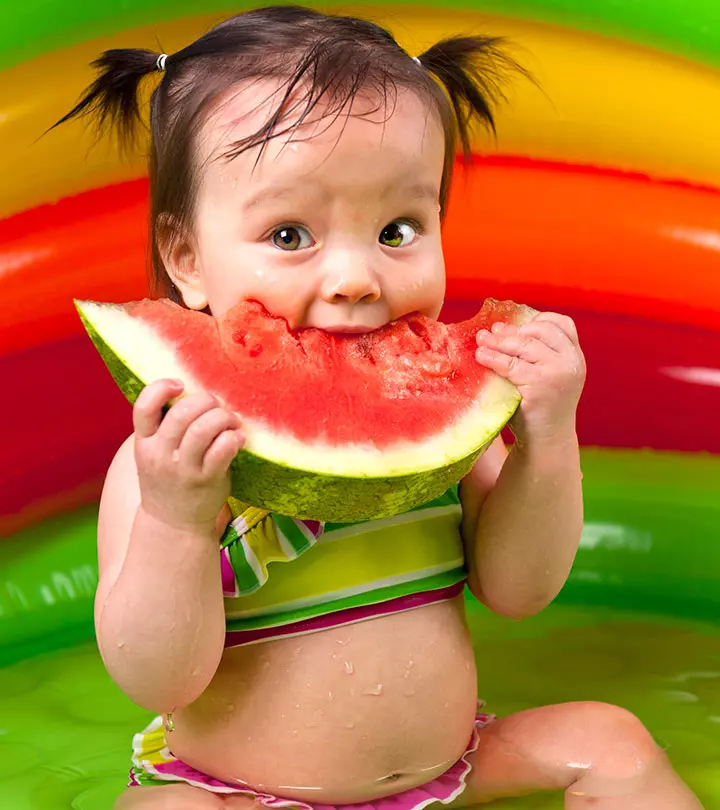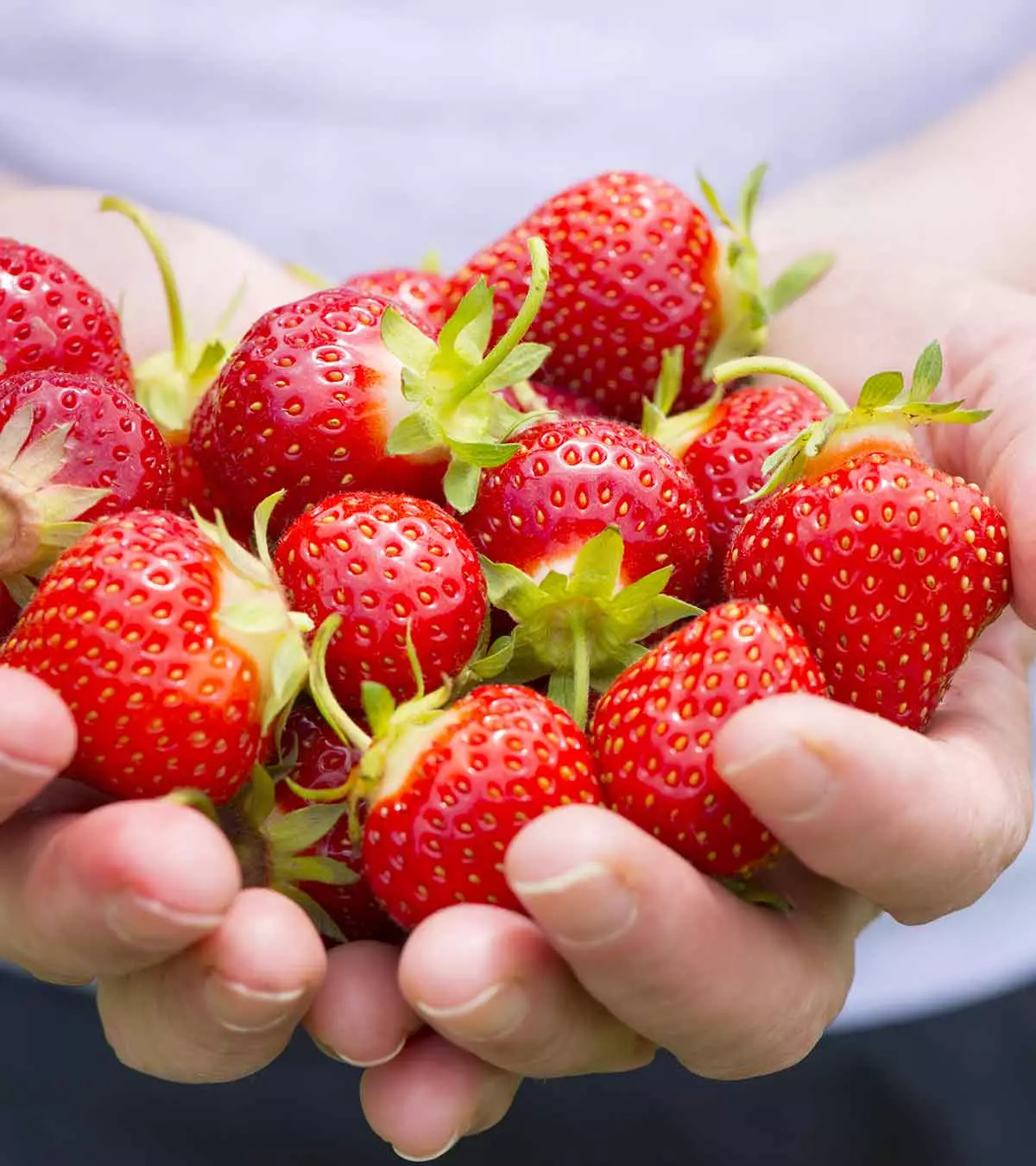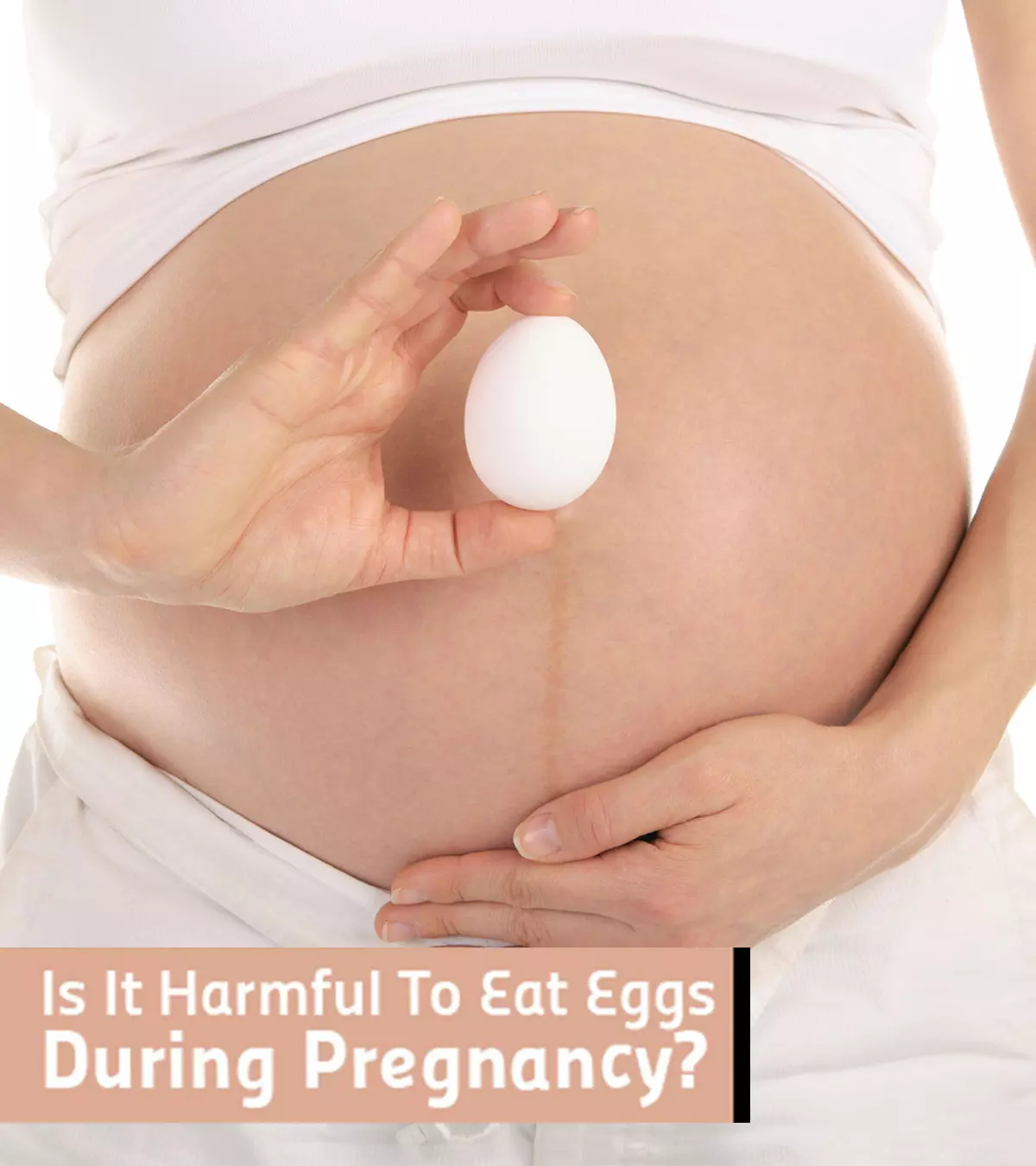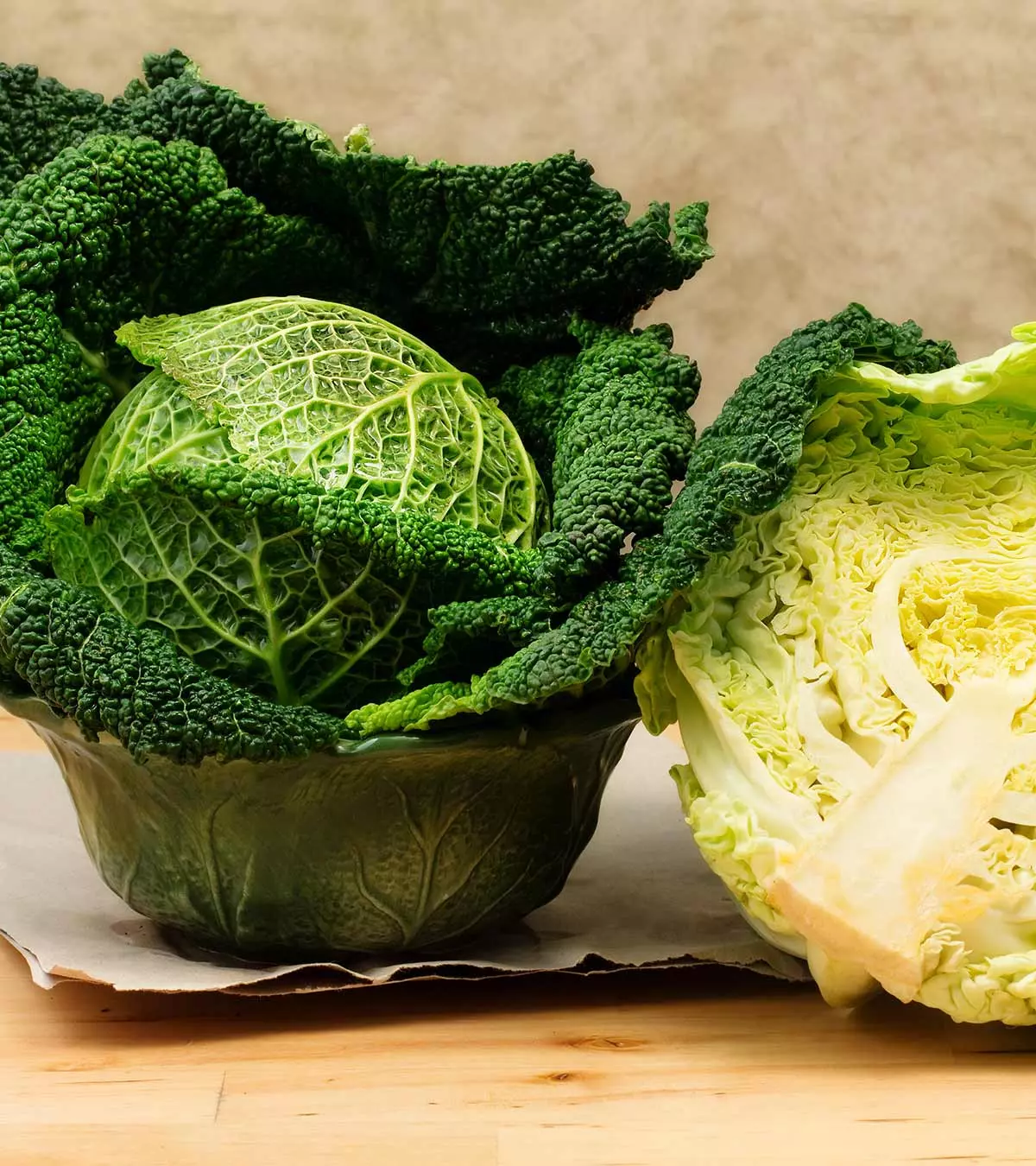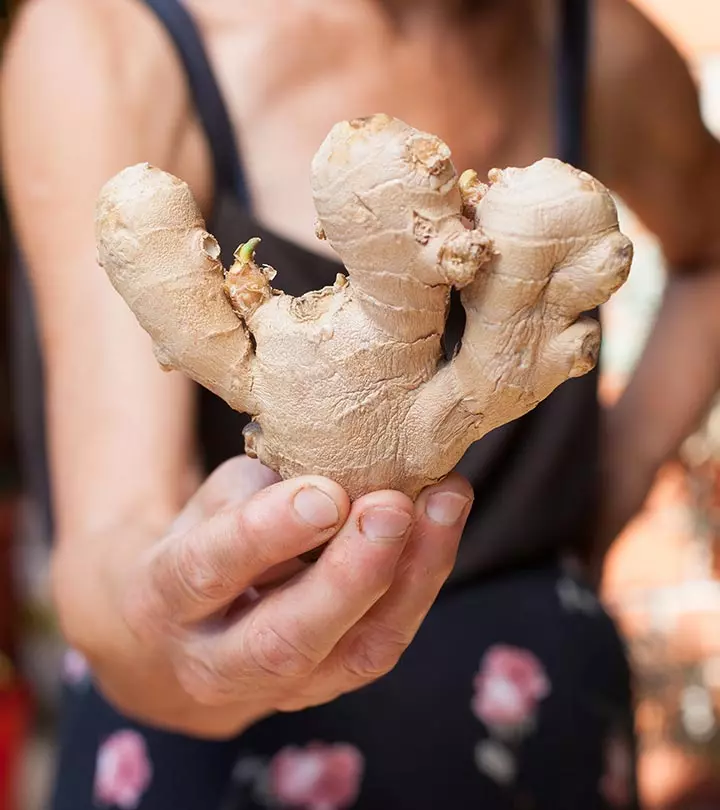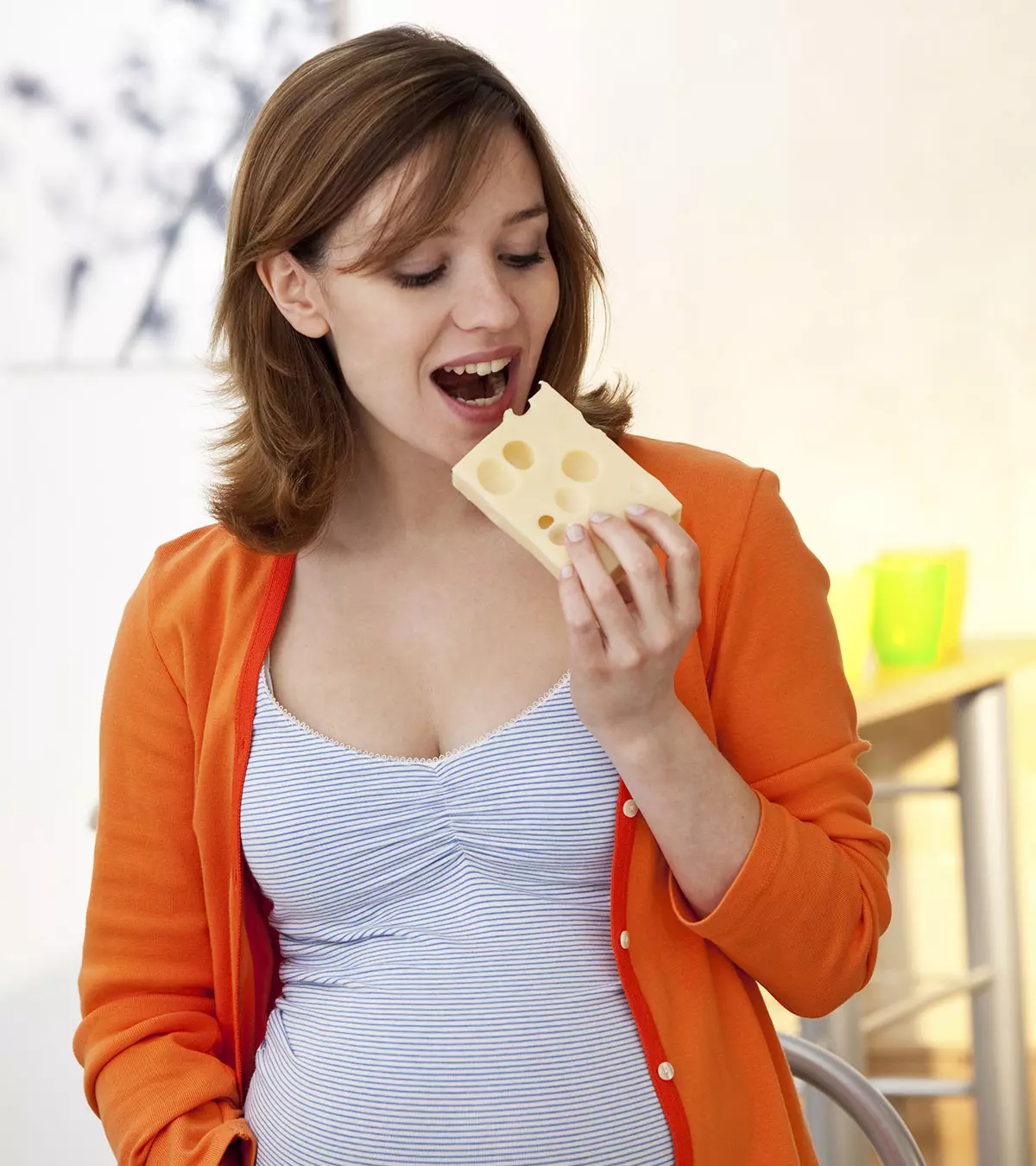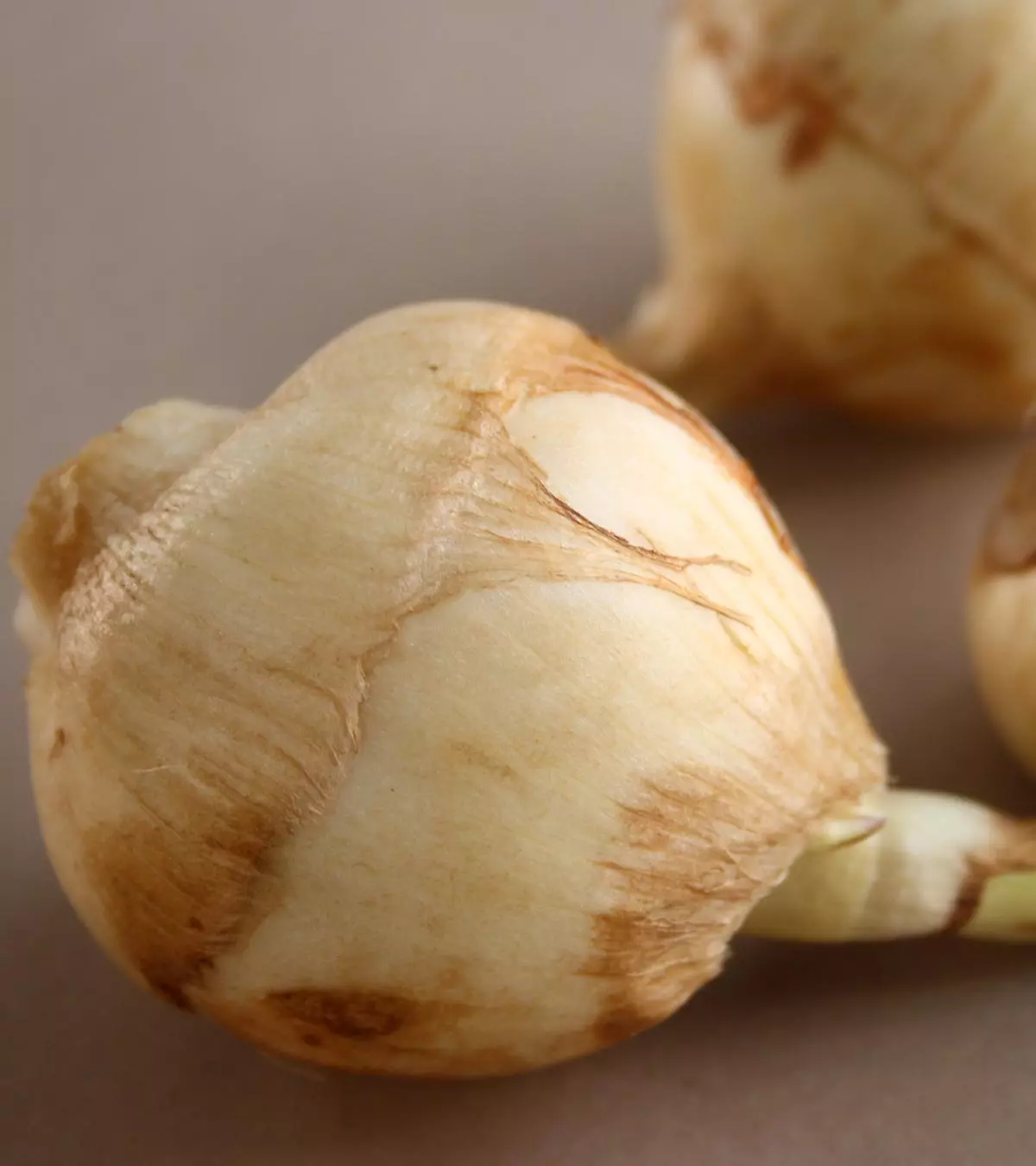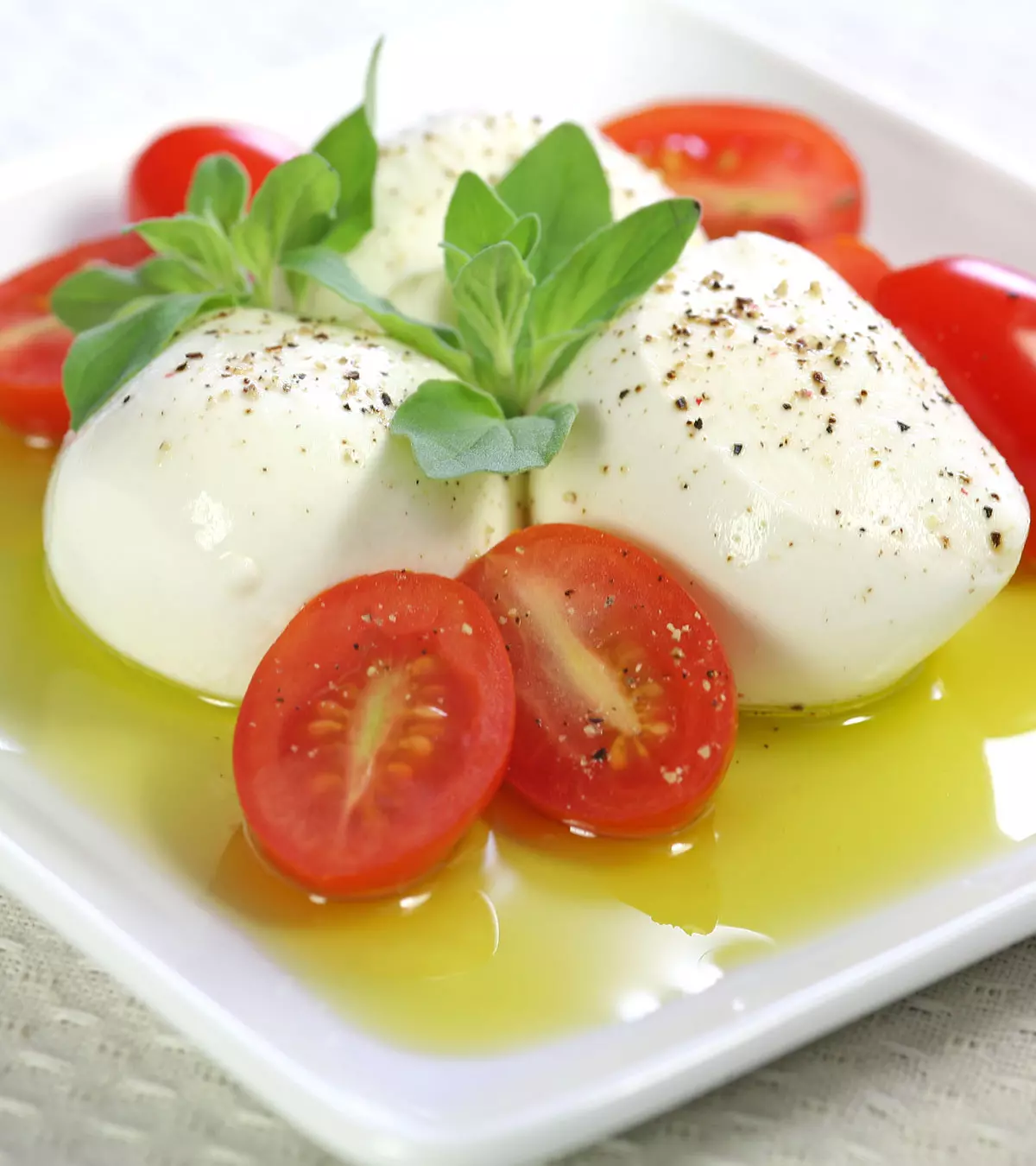
Image: Shutterstock
Cheeses are dairy products that are an excellent source of protein and calcium. Bocconcini cheese is an unripened variant of cheese that is nutritious as well as delicious. However, you may be skeptical about eating Bocconcini cheese during pregnancy. It may be a safe and effective alternative for keeping you full for a long time and suppressing cravings, but certain factors may make it less safe for pregnant women. The primary reason is the presence of microbes. So it is very important to scan through the product label for words such as pasteurized before going for your favorite cheese. But does it provide and enhance maternal nutrition? In this post, we have provided a detailed guide to help you choose the right Bocconcini cheese you may enjoy during pregnancy.
Key Pointers
- Bocconcini cheese is a nutritious, tasty, and unripened cheese.
- To ensure freshness and safety while pregnant, check the date and consume bocconcini cheese fresh.
- Bocconcini cheese is rich in proteins that aid in fetal growth.
- Its high calcium content helps prevent osteoporosis risk in pregnant women.
- Bocconcini cheese provides extra calories and energy during pregnancy.
- Pregnant women should always check for pasteurized cheese when purchasing bocconcini cheese and seek a doctor’s opinion when doubtful about its consumption.
What Is Bocconcini Cheese?

Image: Shutterstock
Bocconcini means ‘little bites’ in Italy. Bocconcini cheese refers to the tiny egg-sized Mozzarella cheese pieces, which are native to Naples. Decades back, people were in a habit of preparing the cheese only from the milk of water buffaloes. The cheese pieces are white, semi-soft, unripened, mild, and rindless. They are available in plastic tubes containing either whey or water. Today, people prepare Bocconcini using a mixture of cow’s and water buffalo’s milk. Since Bocconcini cheese is perishable, you should consume fresh cheese while you are pregnant. The cheese tastes great with a salad of tomatoes, basil, and olive oil.
 Point to consider
Point to considerHealth Benefits Of Bocconcini Cheese During Pregnancy
1. Provides ample proteins
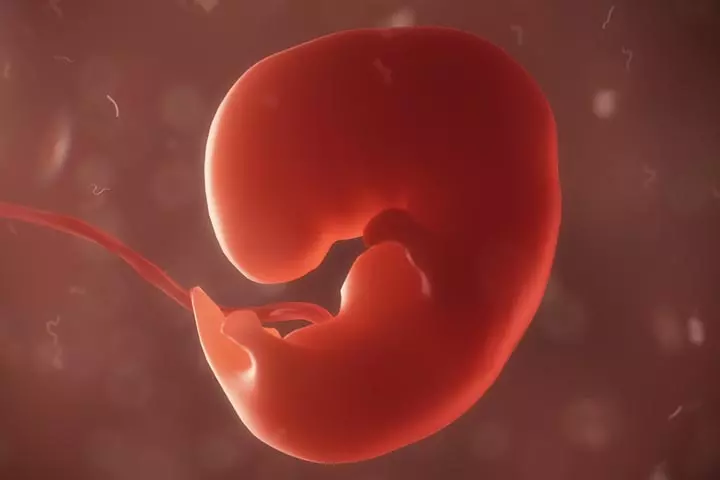
Image: Shutterstock
Bocconcini cheese is rich in proteins. One serving of the cheese contains about 5.2 grams of proteins. Proteins are essential during pregnancy for good growth and development of the fetus as well as promoting your good health. Proteins also help stimulate muscle formation. So eating bocconcini while pregnant helps women enjoy a healthy pregnancy while supporting healthy baby development.
2. Prevents the risk of osteoporosis
Bocconcini cheese is rich in the mineral calcium. Pregnant women need regular calcium intake for strong and healthy bones and teeth, muscle contraction, nerve transmission, cardiovascular health, and blood clotting. Include the delicious cheese in your prenatal diet to avail of all the benefits of calcium during pregnancy. Of course, there are many sources of calcium you can consume. However, eating bocconcini helps prevent the risk of development of osteoporosis to a great extent.
3. Provides enough calories

Image: Shutterstock
One ball of Bocconcini cheese tends to weigh about 1 oz. Eating one such ball of this cheese provides you with 60 calories. Thus, you can have an adequate intake of calories while enjoying your favorite cheese during pregnancy.
4. Offers adequate amounts of sodium:
One oz ball of Bocconcini cheese provides about 20 mg of sodium. Eating a few balls of the cheese helps you fulfill the necessary daily intake value of sodium during pregnancy, Sodium helps balance fluids in your body. The mineral aids in transmitting nerve impulses. Also, sodium is necessary for appropriate muscle contractions. Reduction in sodium in your body can lead to low blood pressure. Therefore, eating bocconcini when pregnant helps regulate your blood pressure effectively and may even help prevent preeclampsia (1).
Due to its sodium content, it is wise to consume bocconcini cheese in moderation, as high sodium can lead to health issues like high blood pressure.
Can You Eat Bocconcini When Pregnant?

Image: Shutterstock
Even though there are numerous health benefits of consuming Bocconcini cheese during pregnancy, you need to make sure that it is safe for consumption during pregnancy. As a matter of fact, Bocconcini cheese is safe to enjoy while expecting, only if the manufacturers pasteurize and pre-package the cheese. Make sure the cheese is prepared using only pasteurized milk and not raw milk. Pasteurized Bocconcini cheese lacks contamination, so it is safe to consume during pregnancy. Also, have a word with your doctor before eating the cheese while expecting, especially if you have a high-risk pregnancy.
 Quick fact
Quick factFrequently Asked Questions
1. Which types of cheese should I avoid during pregnancy?
You should also avoid unpasteurized goat cheese while pregnant. You may also avoid mold-ripened soft cheese with a white coating (such as Brie and Camembert) and soft blue cheese (such as Danish blue and Gorgonzola) (2). Other cheeses to avoid are ricotta, mozzarella, feta, and blue-veined cheese as they may contain microorganisms such as listeria that could lead to serious pregnancy complications.
2. Is bocconcini a fresh cheese?
Yes, bocconcini is a fresh cheese that is creamy and mild in flavor.
3. How much bocconcini cheese can I eat while pregnant?
It is important to consume it in moderation, just like any other cheese. Following the general guidelines for dairy consumption during pregnancy is advisable, which recommend limiting intake to approximately two slices or one-third cup of shredded cheese (3). Consuming excessive cheese during pregnancy can result in excess intake of saturated fats and sodium.
4. Can I eat bocconcini cheese raw, or does it need to be cooked during pregnancy?
Eating raw bocconcini cheese during pregnancy is safe only if made from pasteurized milk, stored appropriately, and is fresh. However, if you are unsure about the cheese’s pasteurization status, it’s best to check the packaging or consult the manufacturer.
5. How can I store bocconcini cheese to ensure it is safe to eat during pregnancy?
To ensure the safety of bocconcini cheese during pregnancy, it is important to store it properly. Fresh cheeses like bocconcini should be refrigerated at or below 40°F (4°C). Follow the storage instructions on the package and consume the cheese before its expiration date.
6. Can I eat bocconcini cheese if I have gestational diabetes during pregnancy?
Bocconcini cheese is low in carbohydrates and fat and can be included in a gestational diabetes diet in appropriate portions. Low-fat alternatives to dairy can be consumed in moderation even if suffering from gestational diabetes. Your nutritionist will help you understand the safe amount.
7. Can bocconcini cheese be part of a vegetarian or vegan pregnancy diet?
Bocconcini cheese is derived from cow or buffalo’s milk and is unsuitable for a vegan diet. However, if you follow a vegetarian diet that includes dairy products, bocconcini cheese can be consumed as part of your pregnancy diet.
8. What should I look for when buying bocconcini cheese during pregnancy?
Always check labels for pasteurization, avoid products with raw milk, and choose brands certified safe for pregnant women.
Tiny pieces of mozzarella cheese are called bocconcini cheese. Since cheese is rich in calcium and protein offers various health benefits, such as a lower risk of osteoporosis. However, consuming fresh bocconcini cheese during pregnancy is important since it is a perishable product. Besides the risk of contamination by microorganisms, no contraindications exist to consuming this cheese during pregnancy. However, since every pregnancy is different, consult your doctor or nutritionist to know the food safety measures to follow while eating bocconcini cheese during pregnancy. By following the nutritional guidelines, you can avoid the various health risks certain cheeses pose.
Infographic: Health Benefits Of Bocconcini Cheese During Pregnancy
Like most expectant mothers, you could be apprehensive about consuming cheese while pregnant. However, specific variants of cheese (such as bocconcini) made from fresh, high-quality pasteurized milk are not only safe but can offer a host of nutritional benefits to a pregnant mother. Learn how bocconcini cheese might add to several health advantages in pregnancy in the below infographic. Illustration: Momjunction Design Team
Illustration: Can You Eat Bocconcini When Pregnant?

Image: Stable Diffusion/MomJunction Design Team
Bocconcini cheese is a nutritious variant of mozzarella that has a depth of flavor, but is it safe for your baby? Take a peek at this video to learn more.
References
- Chicken Pumpkin and Bocconcini Pizza.
http://healthier.qld.gov.au/recipes/chicken-pumpkin-and-bocconcini-pizza/ - Foods to avoid in pregnancy.
https://www.nidirect.gov.uk/articles/foods-avoid-pregnancy - Nutrition during pregnancy.
https://www.waterburyhospital.org/all-services/womens-health-program/obstetrics-and-gynecology/patient-education-folder/nutrition-during-pregnancy/ - Foods to avoid when pregnant.
https://www.pregnancybirthbaby.org.au/foods-to-avoid-when-pregnant#:~:text
Community Experiences
Join the conversation and become a part of our nurturing community! Share your stories, experiences, and insights to connect with fellow parents.
Read full bio of Moloko Mehlape
Read full bio of Ria Saha
Read full bio of Swati Patwal
Read full bio of Lorraine Teron








